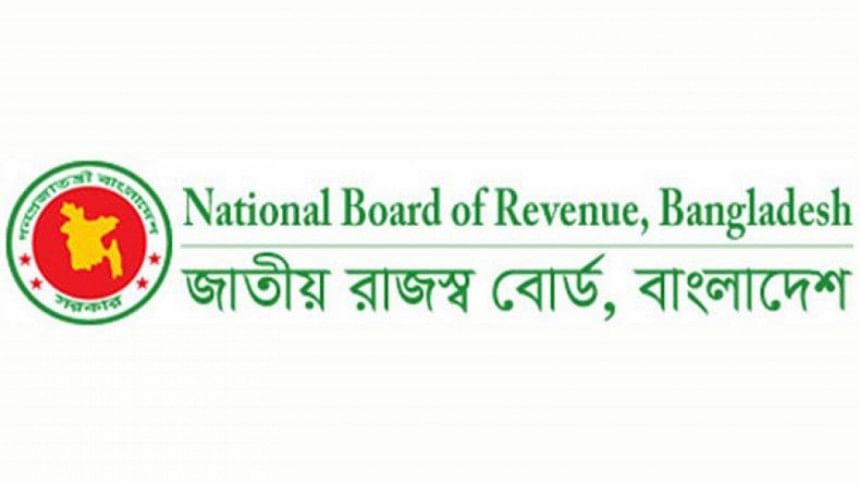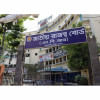NBR’s back against the wall

The revenue authority desperately needs to accelerate tax collection in order to enable the country to widen its capacity to spend more from its own coffer and cut reliance on external funds, said its chief yesterday.
"We have our back against the wall," said Abu Hena Md Rahmatul Muneem, chairman of the National Board of Revenue (NBR), candidly.
He made the comment after the Bangladesh Cement Manufacturers Association (BCMA), the Bangladesh Steel Manufacturers Association, and the Bangladesh Auto Brick Manufacturers Association placed a number of proposals for tax benefits at a pre-budget meeting at the NBR's head office in the capital's Agargaon.
The NBR organised the meeting to hear the views and concerns of businesses and stakeholders as part of its preparation to frame tax proposals for the fiscal year of 2023-24, which begins in July.
Muneem said business people approached the NBR when they fall in trouble and have their backs against the wall. The NBR is also in the same position, he said.
The NBR is given a target to raise revenues so that the government can implement development projects and meet the expenses of the country.
"You know about the jump in revenue targets. A lot of development activities are underway in the country. You need to keep this in mind," Muneem said.
Bangladesh has one of the lowest tax-to-GDP ratios in the world.
Tax collection growth slowed dramatically in the first half of the current fiscal year due to falling customs tariffs and direct taxes amid declining imports and reduced profits of firms, limiting the government's scope to spend on development activities.
The NBR clocked 11 per cent year-on-year growth in tax receipts, which amounted to Tk 145,431 crore in the July-December period of 2022-23.
Alamgir Kabir, president of the BCMA, said businesses were facing a crisis because of a sharp depreciation of the taka against the US dollar, the dollar shortage, the reluctance of banks to open letters of credit aimed at importing raw materials, and the abnormal increase in the prices of fuel, gas and electricity.
So, the association demanded the reduction of the advance income tax to 0.50 per cent at the import and sales stage from the 2 per cent currently.
It also called for the withdrawal of a 30 per cent supplementary duty on limestone and requested the NBR to cut the customs duty on clinker to Tk 200 per tonne from Tk 500 presently.
The Bangladesh Steel Mill Owners Association proposed bringing down the tax deducted at source on the sale of rods to 1 per cent from 2 per cent.
At present, the steel sector pays an advance income tax of Tk 500 per tonne. The association has recommended reducing it to Tk 100.
The Bangladesh Auto Brick Manufacturers Association demanded tax exemption on the purchase of raw materials.
The platform said its members collect soil and coal as raw materials. And those who sell soil are small-scale traders and they don't have a taxpayer identification number.
At present, auto brick manufacturers pay a 0.60 per cent turnover tax on sales. At the same time, tax is deducted at the source during the purchase of raw materials.

 For all latest news, follow The Daily Star's Google News channel.
For all latest news, follow The Daily Star's Google News channel. 








Comments